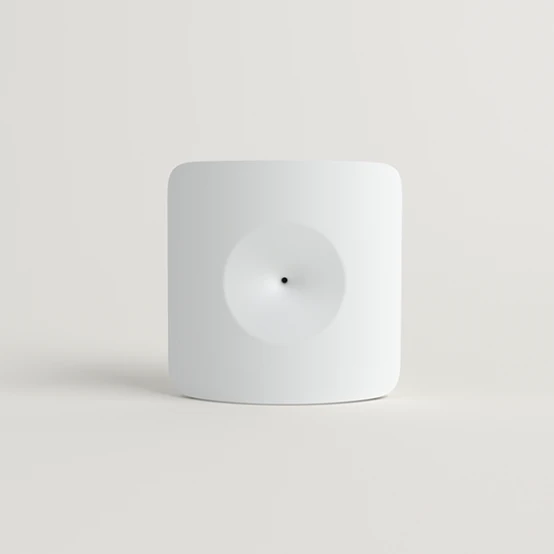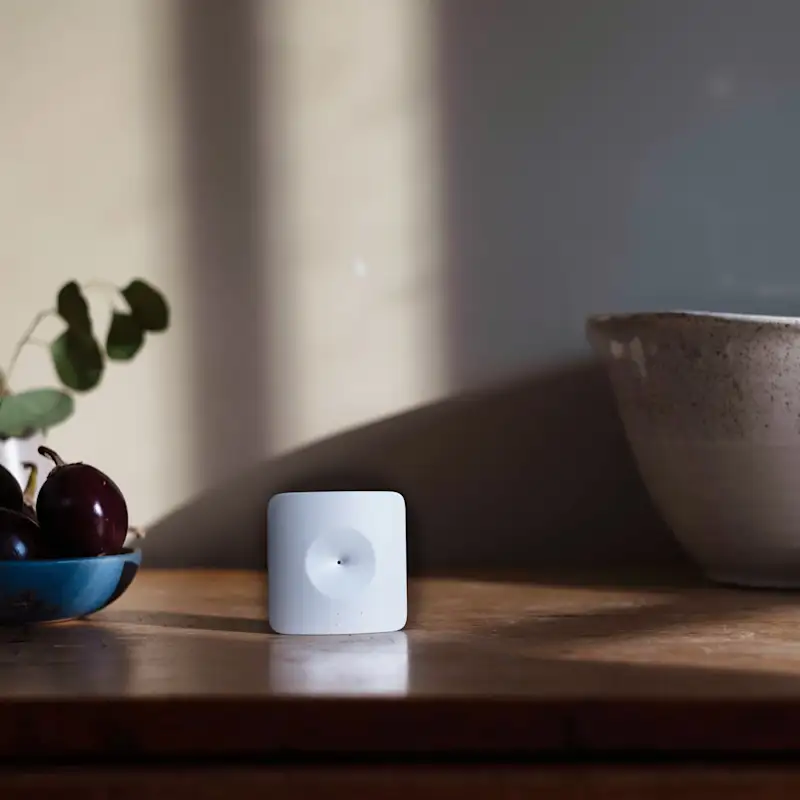Protect Your Home With Layered Security Through Glass Break Sensors
Posted January 9th, 2021 by SimpliSafe

With the recent release of our Glass Break Sensors, SimpliSafe now has a sensor for every situation. Layered protection is integral to any home’s security. With Entry Sensors and Motion Sensors, homeowners are quickly alerted if someone tries to open a door or window, or is moving in their home. But many have asked: “What if someone was to break my window?”
Every home is different, however, and sometimes the coverage of Motion and Entry Sensors is not be enough. Many homes have large bay windows that do not open, or casement windows that crank out and leave too small a space for a burglar to crawl through. Many homes have front doors with decorative glass windows or glassed in sun porches overlooking the back yard. How do you protect and secure these spaces?
Enter: the Glass Break Sensor.

How does it work?
Inside SimpliSafe’s Glass Break Sensor is a small microphone that is calibrated to react to the sound of the glass being struck and then breaking. Pane glass has a certain sound frequency when smashed, which the sensor hears and then trips the alarm.
The sensor is listening for the initial “thump” of the glass being struck, which in effect “wakes” it up, and the sound of the glass breaking micro-seconds later trips the alarm.
How Many Do I Need?
The Glass Break Sensors have much the same range as our Motion Sensors. One sensor per an average-sized room will usually do the trick. Typically, a Glass Break Sensor will protect three windows. There is a sensitivity switch found under the battery that you may adjust to low, medium or high.
How Do I Test Them?
No need to break glass in order to test your Glass Break sensors. Instead, you can do what we call the “Clap Test.” There is a button on the bottom of the sensor much like our Motion Sensors. You just put your system in Test Mode and clap your hands while in the same room of the sensor. If installed correctly, you’ll see a little amber light on the bottom of the sensor blink, as well as hear the Base Station announce “Glass Break Sensor.” If you don’t get a response, try adjusting the sensitivity or relocating the sensor. This can be especially important in rooms that have heavy curtains, as they may muffle the frequency that the sensor is listening for.
What About False Alarms?
SimpliSafe has done vigorous testing to minimize the risk of getting false alarms. Dropping a drinking glass in the middle of the night, or watching “Die Hard” at high volume shouldn’t ever be an issue. Testing your Glass Break Sensor is important, though, so make sure to test each thoroughly!
Glass Break Sensors are a great addition to your home security system, and act as yet another layer of protection to ensure that no one gets into your home without a siren sounding and your whole neighborhood knowing.